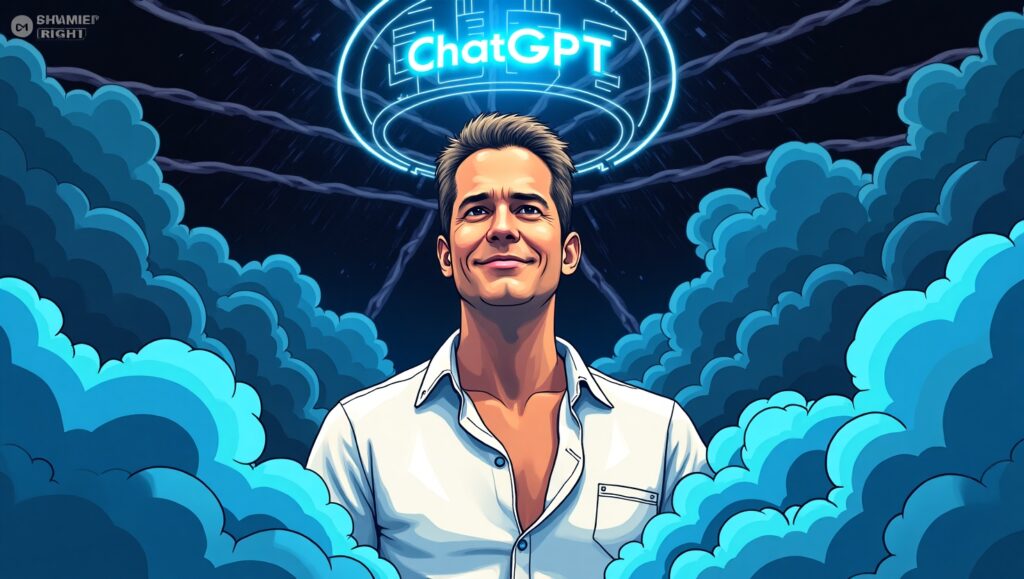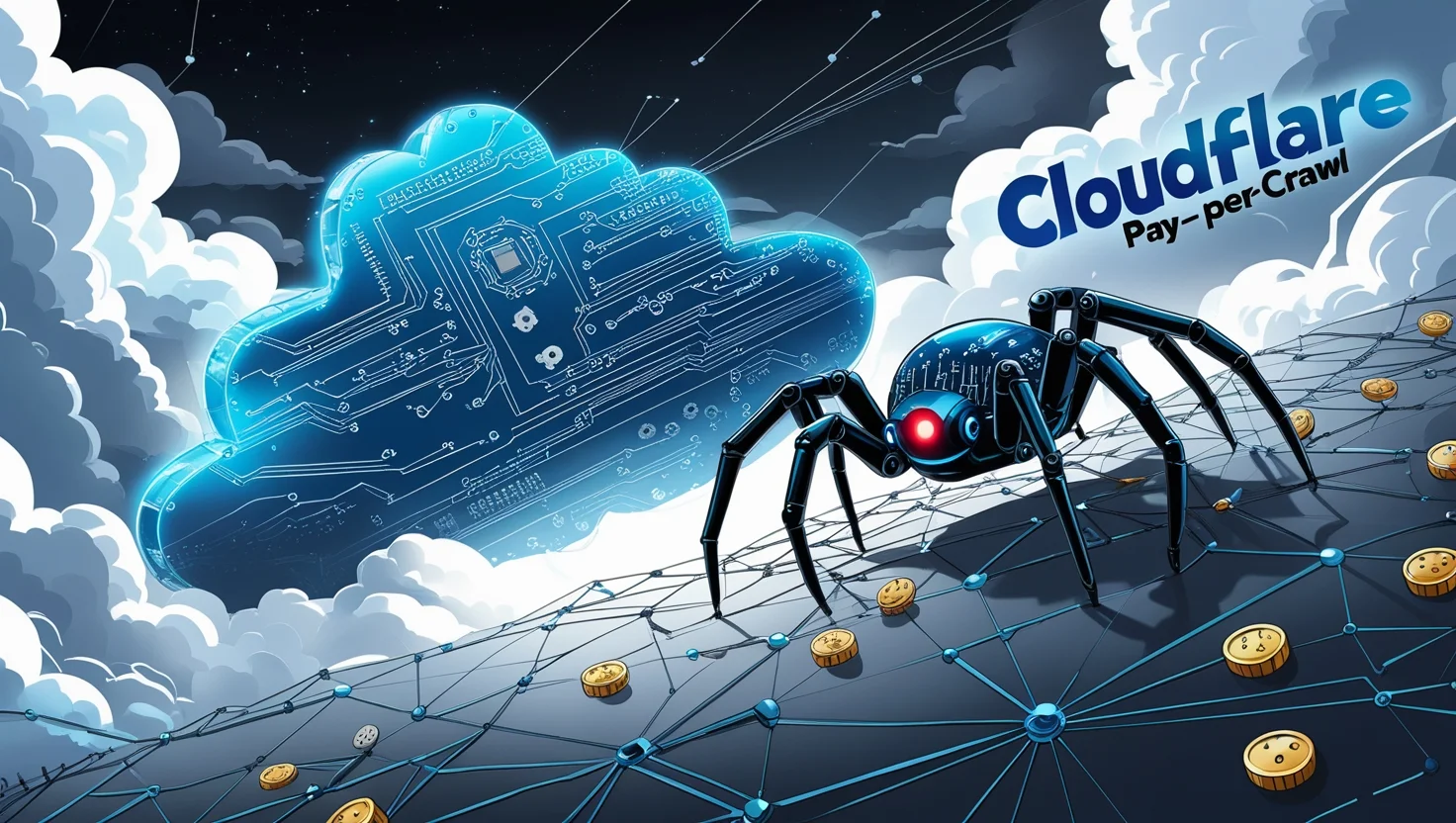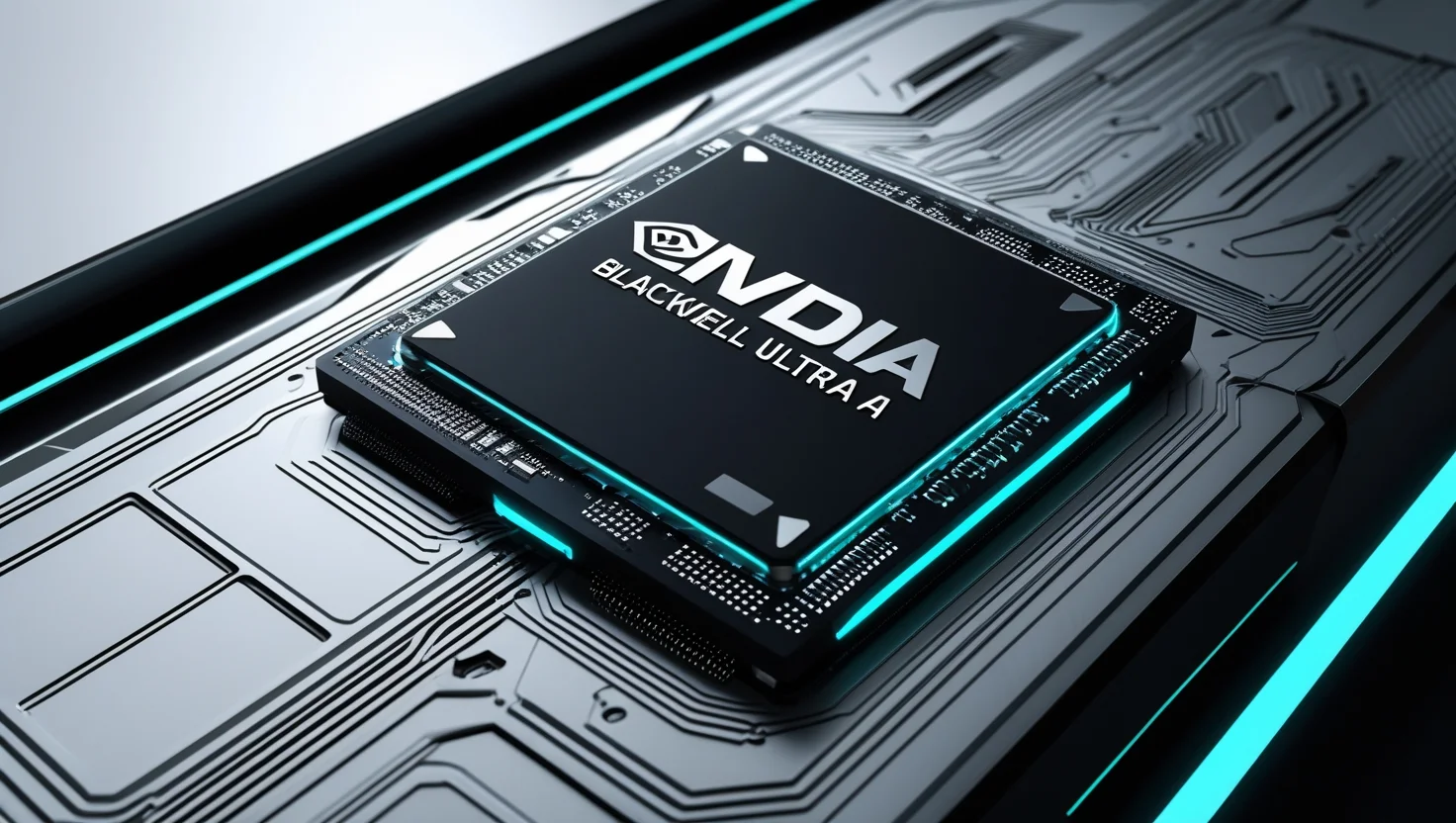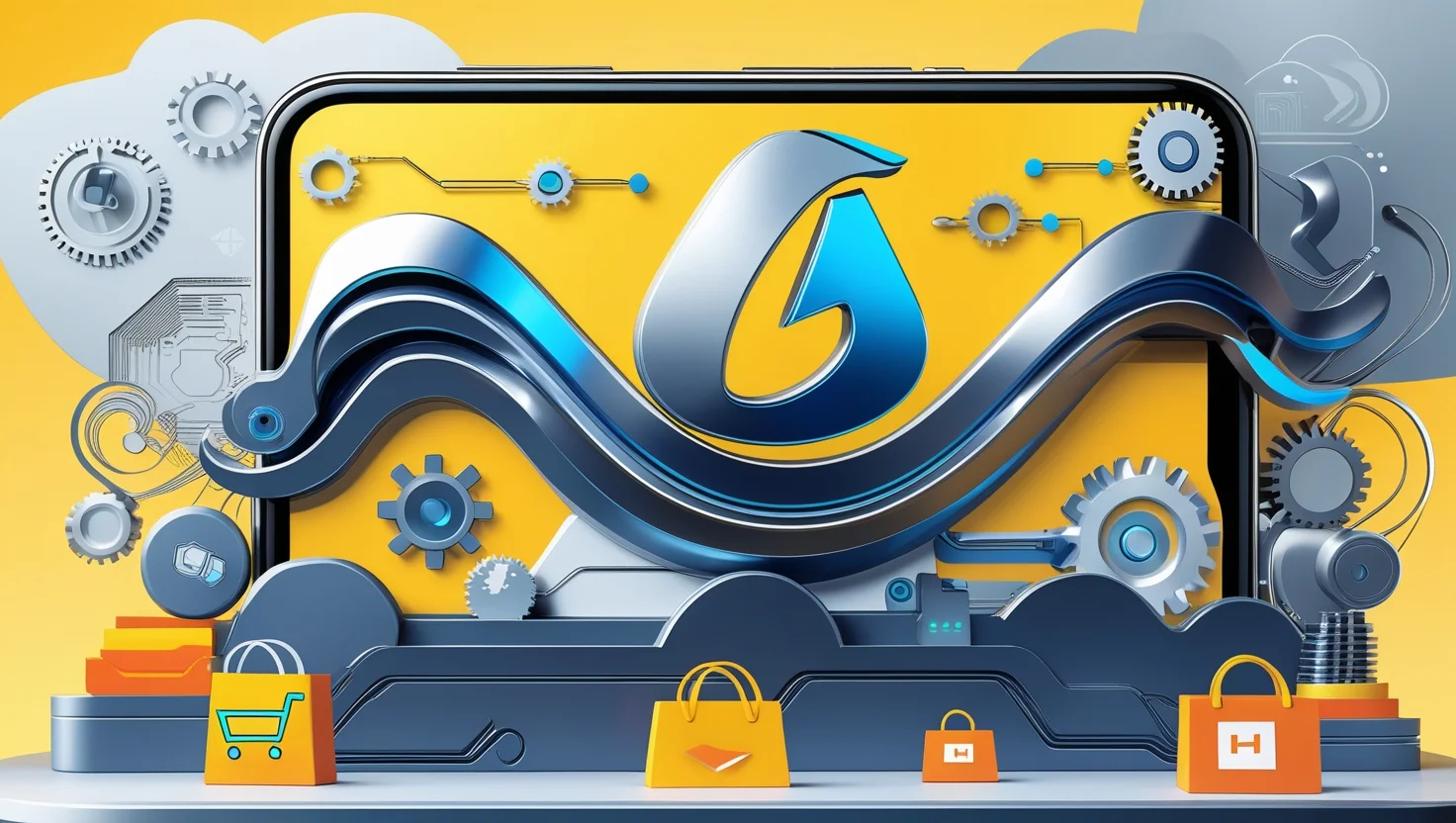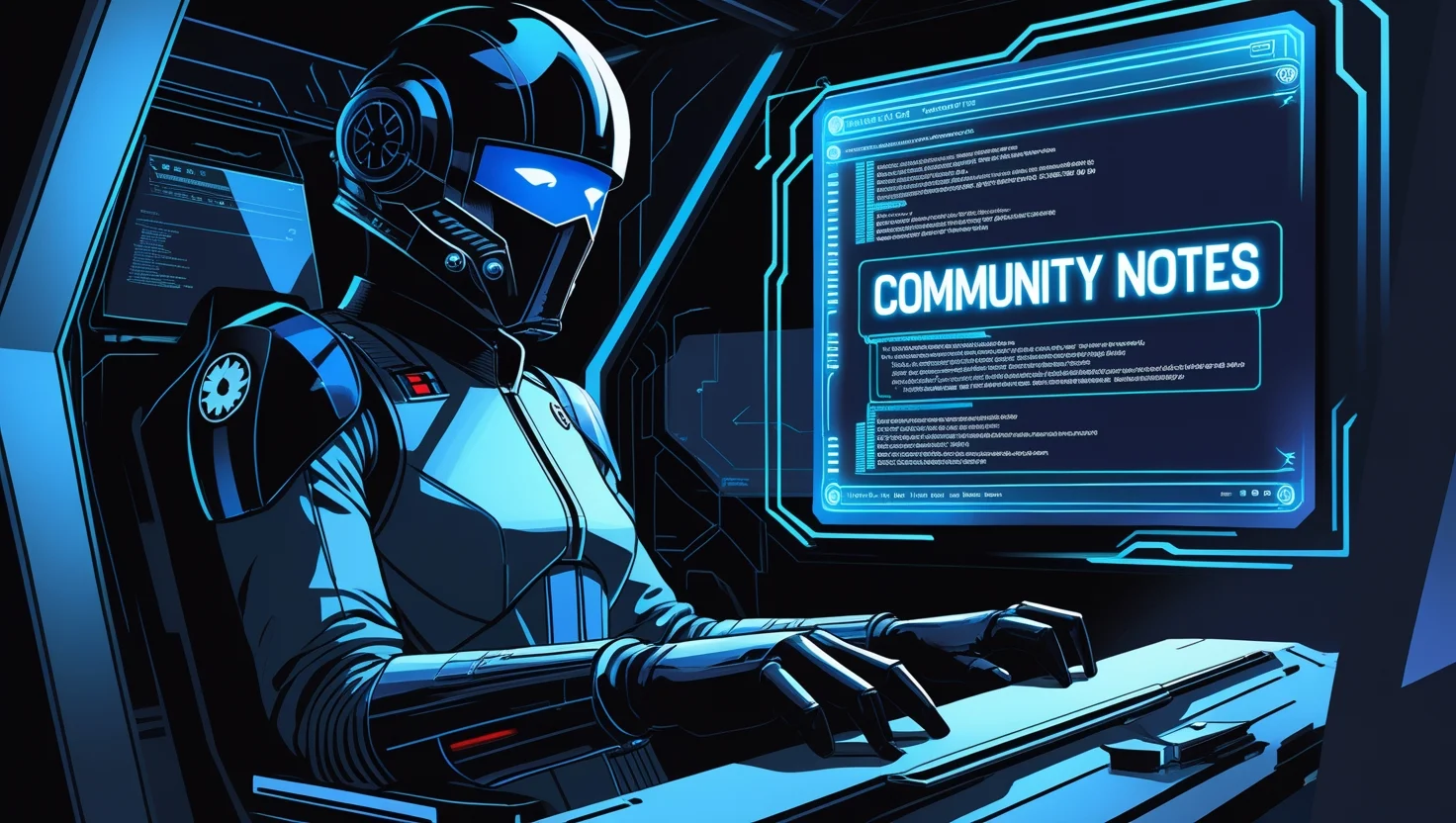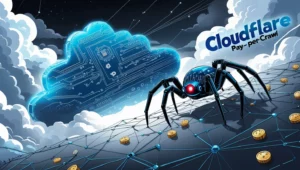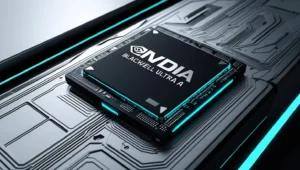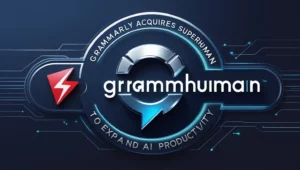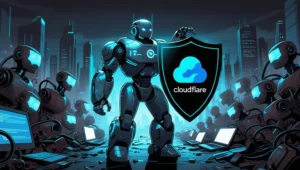At a recent AI event hosted by venture capital firm Sequoia, OpenAI CEO Sam Altman shared a bold vision for the future of ChatGPT. When asked how the chatbot could become more personalized, Altman explained that he hopes it will one day remember everything about a person’s life. His goal is for the model to eventually include every conversation, book, email, and digital interaction a user has had — all seamlessly integrated into a vast, personalized memory bank.
Altman described this future as a lightweight but powerful reasoning system capable of understanding a user’s entire life context. He suggested the same could apply to companies, with ChatGPT managing and reasoning over all of an organization’s data. This ambitious direction is partially inspired by how young people are already using ChatGPT, Altman said. In college, many treat it as a kind of digital operating system — uploading files, linking data, and using complex prompts to guide decisions.
ChatGPT’s memory features already allow it to recall past conversations and use them as context in new ones. Altman noted a growing trend where younger users consult the chatbot before making life choices, positioning ChatGPT as a trusted advisor. In contrast, older users tend to treat it more like an advanced search engine.
This vision extends to AI taking on everyday tasks — scheduling appointments, managing errands, and predicting needs before they arise. While the convenience is clear, it also sparks concern. Critics question how much personal data should be entrusted to profit-driven tech companies. Past issues, such as biased or manipulative chatbot responses and Big Tech’s history of questionable practices, only heighten these worries.
